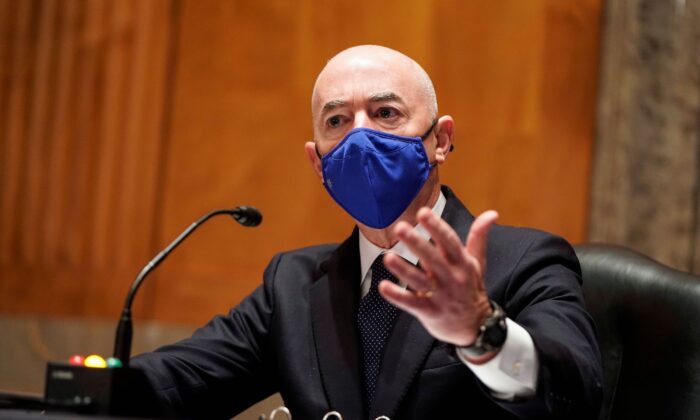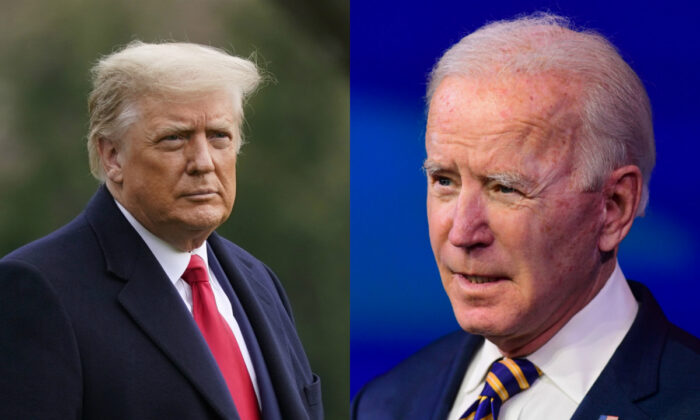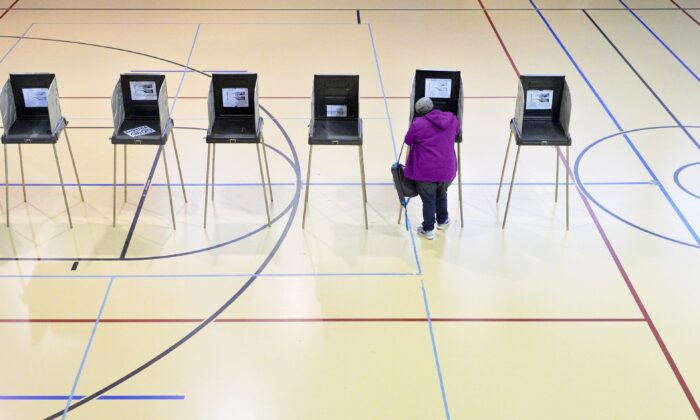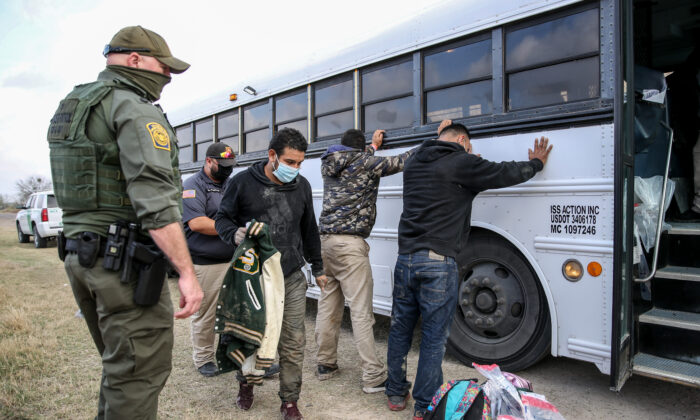
Border Patrol agents apprehend about two dozen illegal immigrants in Penitas, Texas, on March 11. 2021. (Charlotte Cuthbertson/The Epoch Times) US News
By Charlotte Cuthbertson March 22, 2021 Updated: March 22, 2021 biggersmallerPrint
As Americans start to receive the latest round of stimulus checks, a new analysis reveals that about $4.38 billion will also go to illegal immigrants.
The Center for Immigration Studies estimates that 2.65 million illegal immigrants have Social Security numbers that allow them to receive stimulus checks. This group of illegal immigrants can be described as “aliens temporarily present without status,” according to Steven Camarota, director of research for the Center for Immigration Studies.
“These individuals are in the country illegally and could be required to leave. Yet, under the current system, they are still given work authorization and Social Security numbers.”
They include Deferred Action for Childhood Arrivals and Temporary Protected Status recipients. In addition, U.S. Citizenship and Immigration Services issued 882,000 work authorizations and Social Security numbers to other illegal immigrants in fiscal year 2020, the analysis states. These include asylum applicants, as well as those applying for adjustment of status and suspension of deportation, among other categories.
Not included in the numbers are the 1.8 million illegal immigrants that the Social Security Administration has estimated use Social Security numbers that don’t match their names, according to Camarota. Another 600,000 have Social Security numbers from when they were legally in the country, but overstayed their visa.
“There is simply no question that millions of illegal immigrants will receive billions of dollars in COVID relief checks,” Camarota said. “This highlights an even more disturbing fact—illegal immigrants are being issued Social Security numbers in large numbers. This is a clear indication that America is simply not serious about enforcing its immigration laws.”
Asylum-seekers are routinely given work authorization while they wait for their case to be adjudicated—regardless of the merit of the application. While almost 90 percent of those who claim credible fear when presenting themselves at the border pass the initial screening, less than 20 percent are ultimately granted asylum relief by an immigration judge. For Central Americans, that number is less than 10 percent.
During the last border surge in 2019, the southern border became so overwhelmed that most illegal aliens didn’t even claim credible fear, knowing they’d still be released expeditiously into the United States—especially if they were accompanied by a child. Only about 25 percent of illegal border crossers were claiming credible fear, according to Kevin McAleenan, acting secretary of the Department of Homeland Security (DHS), on July 12, 2019.
In Yuma, Arizona, less than 10 percent made the claim, then-sector Chief Anthony Porvaznik said on April 17, 2019. Follow Charlotte on Twitter: @charlottecuthboFollow Charlotte on Parler: @charlottecuthbo








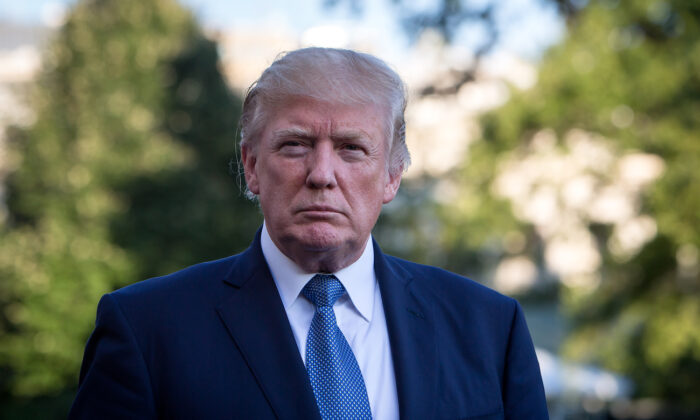
 Help us spread the truth. Share this article with your friends.
Help us spread the truth. Share this article with your friends.
